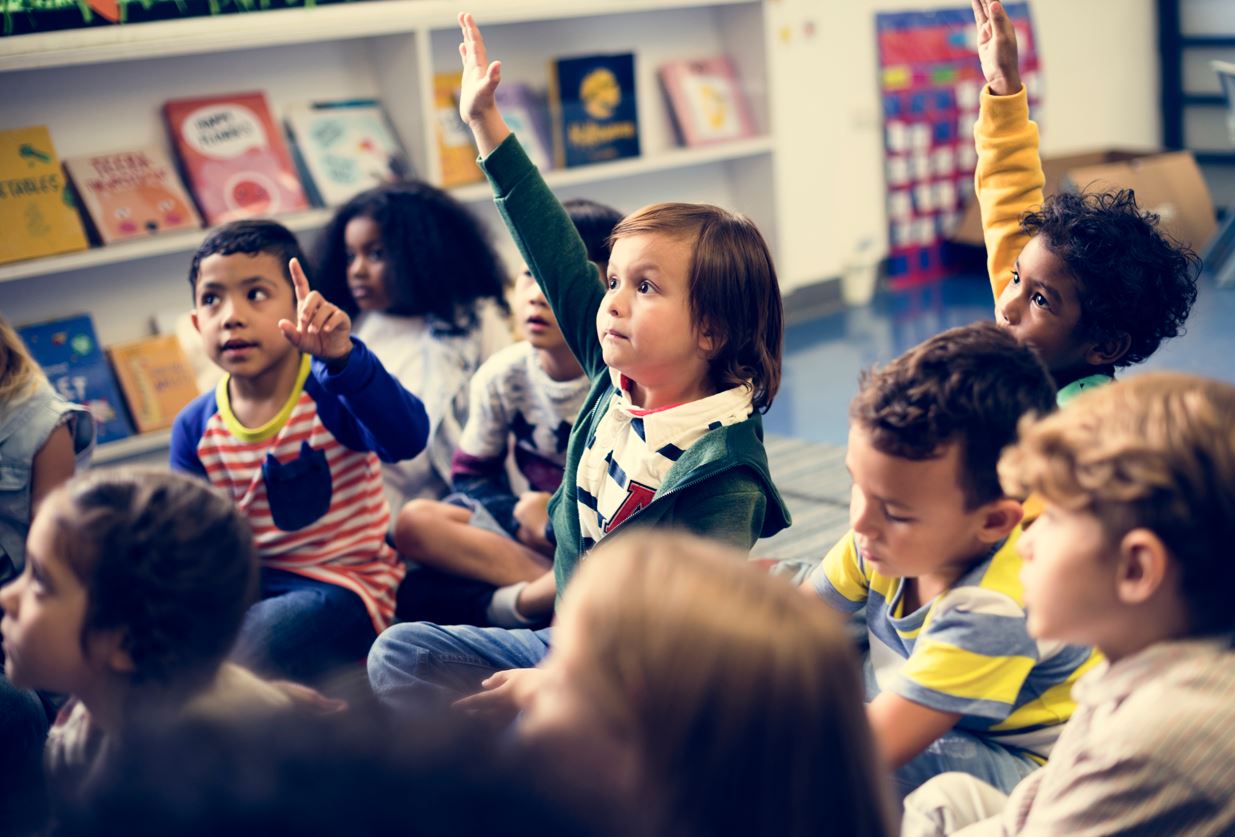
Shutterstock.
This Week’s Guest: Ilana Horwitz
Why do some American children do better in school than others? Social scientists tend to look to family structure, race, class, and gender in an effort to find factors that correlate to better or worse performance at school. But there are other significant variables that affect the education of America’s children too.
A recent book finds that religion is one of them. Its author, the Tulane University professor Ilana Horwitz, joins this week’s podcast episode to discuss her findings, which suggest that children who hold religious beliefs and are members of religious communities tend to perform, on average, better in school than their nonreligious counterparts. In conversation with Mosaic’s editor Jonathan Silver, she explains how she found her results, and what they say about religious children and American education.
Musical selections in this podcast are drawn from the Quintet for Clarinet and Strings, op. 31a, composed by Paul Ben-Haim and performed by the ARC Ensemble.
Excerpt (19:31-20:53):
The kinds of kids who look really religious on surveys are also kids who are exceptionally conscientious and exceptionally cooperative. They are the kinds of kids who have learned from early on in life that you need to follow the rules, you need to listen to authority, you need to be compliant, and those particular dispositions matter for academic success because in our public schools those are the dispositions that teachers primarily reward. We like to think that maybe our public schools are teaching our kids to be great critical thinkers or to be really creative, but other scholars have pointed to the fact that that’s not what teachers reward. If you’re a teacher of 30rambunctious kindergartners or high-schoolers, you love kids who are just going to sit there and do what you ask and follow the rules and make your life easy.
Intensely religious kids are these particular kids. So it really has to do with the kinds of dispositions that they learn early in life, and that those dispositions are evident when they’re at home, they’re evident when they’re in church, and they’re evident when they enter the school domain, because the religious dispositions that kids learn are not like a hat or a scarf that you take off when you enter public school; they’re with them all the time. And that environment of the public school really values those particular dispositions.
